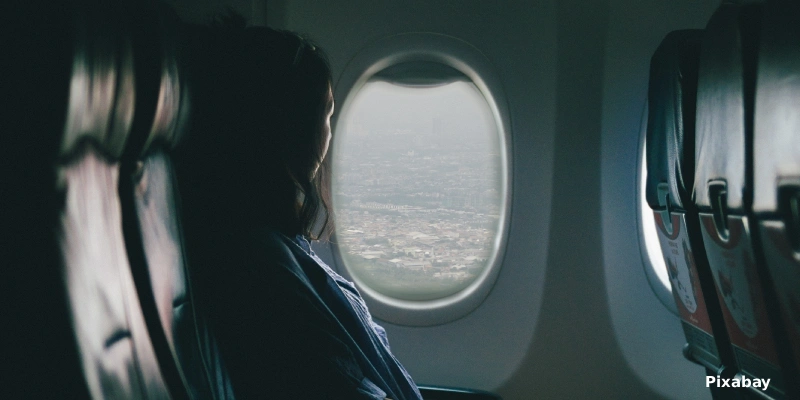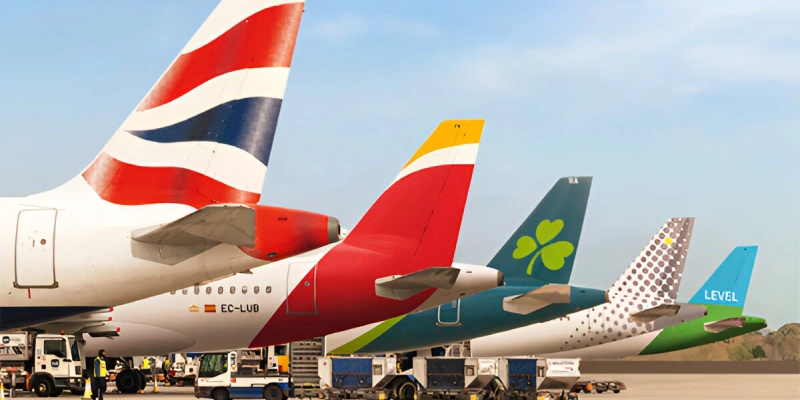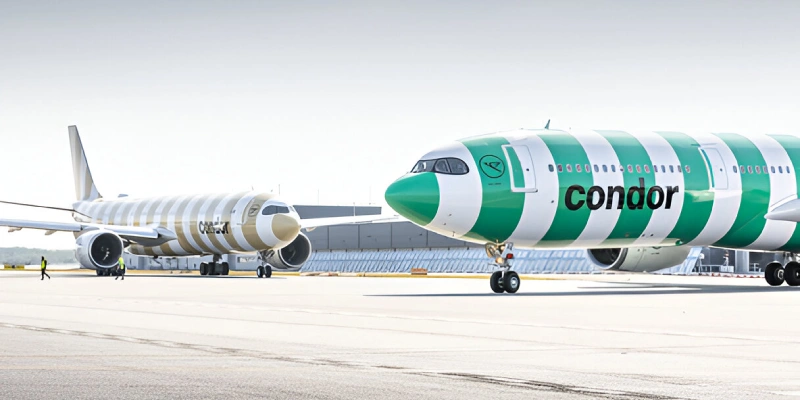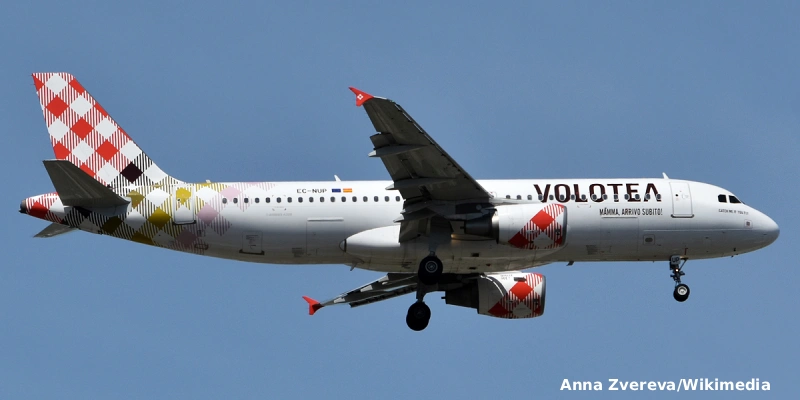Delta Air Lines and United Airlines are facing class-action lawsuits in federal courts in New York and San Francisco, respectively. Passengers are accusing both companies of charging additional fees for seats listed as “window” seats that were actually located in front of a solid wall with no opening.
The legal actions could involve more than one million customers from each airline and are seeking millions in compensation for what they consider a deceptive practice.
Aircraft with “Blind” Seats
The complaints point out that some aircraft models—including the Boeing 737, Boeing 757, and Airbus A321—have rows that should feature a window but do not, due to the installation of air conditioning ducts, electrical wiring, or other structural components.
The issue, according to the plaintiffs, is that neither Delta nor United disclose this condition during the booking process, unlike competitors such as Alaska Airlines and American Airlines, which do identify these specific locations.
Passenger Expectations
The plaintiffs argue that those who pay more for a window seat do so for reasons ranging from alleviating a fear of flying or motion sickness, to entertaining a child, taking advantage of natural light, or simply enjoying the view.
→ Delta Expands Its Network from Los Angeles: New Routes to Hong Kong and Chicago
“Had they known the seats lacked a window, they would not have selected them, much less paid a supplemental fee,” states the lawsuit filed against United. The text in the suit against Delta uses nearly identical terms.
Who is Leading the Lawsuits
The action against Delta is led by Nicholas Meyer, a resident of Brooklyn, while the United suit is represented by Marc Brenman of San Francisco and Aviva Copaken of Los Angeles. The latter explained that United refunded the extra charge for two flights, but not for a third.
Attorney Carter Greenbaum, whose firm is behind both lawsuits, was unequivocal: “A company cannot misrepresent the nature of what it sells and then hide behind the existence of third-party websites for the customer to discover the truth,” he stated in an email.
Weight of Ancillary Revenue
Airlines have increased their revenue thanks to additional services such as seat selection, checked baggage, cabin upgrades, or lounge access. This business model allows them to maintain lower base fares but increases the value per passenger through ancillary fees.
In this context, the plaintiffs insist that paying extra for a non-existent window seat constitutes an abusive practice.
Alternatives for Travelers
Specialized websites like SeatGuru exist, detailing the advantages and disadvantages of each seat, including those that lack a window. However, Greenbaum emphasizes that this possibility for research does not absolve the airlines of their obligation to provide transparent information during the purchase process.
Current Status of the Cases
So far, neither Atlanta-based Delta nor Chicago-based United have responded to requests for comment.
The cases have been filed as Meyer v. Delta Air Lines Inc. in the U.S. District Court for the Eastern District of New York (No. 25-04608) and Brenman et al v. United Airlines Inc. in the U.S. District Court for the Northern District of California (No. 25-06995).
With information from Reuters
Related Topics
IAG Posts Record €3.342 Billion Profit for 2025
Condor to Move Operations to Frankfurt Airport’s New Terminal 3 in 2027
TAP Air Portugal Announces Ambitious 2026 Expansion Plan: New Orlando Route, Intermediate Cabin, and Brazil Reinforcement
Volotea Resumes Its Menorca-Verona Route Starting in August

Plataforma Informativa de Aviación Comercial con 13 años de trayectoria.




